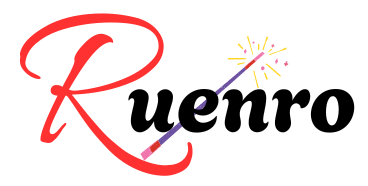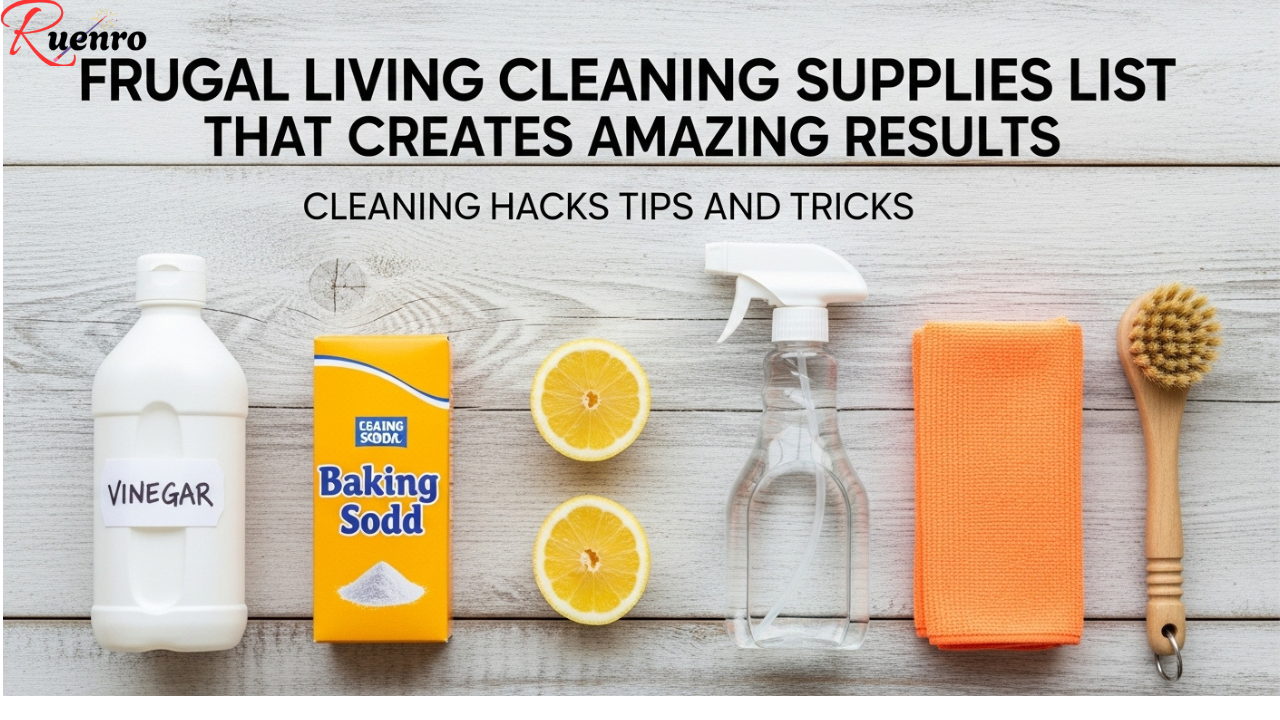Let’s be honest—most of us don’t wake up excited to clean. We know we should do it, but when it comes time to pick up the vacuum or scrub the bathroom, motivation seems to vanish. The dishes pile up, laundry sits unfolded, and before long, the clutter starts to feel overwhelming.
But what if cleaning didn’t have to feel like a chore? What if you could actually want to clean your home?
It turns out, with a few simple psychological “mind hacks,” you can trick your brain into craving that fresh, tidy feeling—and even enjoy the process.
Here are 10 powerful cleaning mind hacks that make it easier (and oddly satisfying) to keep your space spotless.
1. The “Five-Minute Rule”
When your brain sees a big mess, it panics—it’s too much work! The trick? Tell yourself you’ll clean for just five minutes.
Start with something small: wiping the counter, loading the dishwasher, or folding one pile of clothes. Most of the time, you’ll find yourself continuing well past those five minutes because once you start, momentum kicks in. The hardest part of cleaning isn’t the work—it’s getting started.
Mind hack: Lower the entry barrier so your brain stops resisting.
2. Turn Cleaning Into a Game
Gamifying chores can completely change how you feel about them. Set a timer for 10 or 15 minutes and see how much you can get done before it buzzes. Or, race against yourself—can you beat your previous record for tidying the kitchen?
You can also use apps like Tody or Habitica that reward you for completing cleaning tasks. When you turn cleaning into a challenge instead of a burden, your brain releases dopamine, making it feel fun and satisfying.
Mind hack: Create a sense of play and accomplishment to motivate action.
3. Use the “Power Playlist” Trick
Music is an instant mood booster. Put on a playlist that makes you want to dance, and cleaning suddenly becomes much more enjoyable.
Studies show that upbeat music increases energy and reduces perceived effort—meaning your brain thinks you’re working less than you actually are. So whether you prefer ‘80s hits, jazz, or pop anthems, make a playlist that gets you moving and pair it with your cleaning sessions.
Mind hack: Pair cleaning with pleasure so your brain associates it with fun.
4. Visualize the “After” Feeling
Before starting, take a minute to imagine how your space will look—and how you’ll feel—once it’s clean.
Picture walking into a fresh, organized room where everything smells good and looks beautiful. Visualization works because it activates the same reward centers in your brain that light up after completing a task. Essentially, your brain gets a taste of that satisfaction before you even begin, motivating you to follow through.
Mind hack: Trick your brain by focusing on the emotional reward, not the physical effort.
5. The “One Song” Technique
If you truly can’t face cleaning, promise yourself you’ll only do it for one song.
Pick a three- or four-minute track, hit play, and clean until it ends. That’s it. Most people find that once the music stops, they’ve done enough to keep going for another song—or two, or three. But even if you stop after one, you’ve still made progress.
Mind hack: Shrink the task down so small your brain can’t say no.
6. Set the Scene Like a Ritual
Before cleaning, light a candle, open a window, or put on comfortable clothes. Make cleaning feel like a soothing ritual instead of punishment.
When you pair cleaning with relaxing or sensory cues—like scent, light, or comfort—your brain begins to connect the act with calmness and satisfaction. Over time, cleaning becomes a form of self-care instead of a burden.
Mind hack: Create positive associations around cleaning rituals.
7. The “Clean Zone” Method
Instead of focusing on the entire house, choose one area—a “clean zone”—that you keep spotless no matter what. It could be your kitchen counter, your desk, or your living room coffee table.
This gives your brain a visual anchor of order and calm. When you see one tidy area, it motivates you to expand that feeling to the rest of the house. It’s like lighting a candle in the darkness—small, but powerful.
Mind hack: Focus on one area to build momentum and visual satisfaction.
8. Reward Yourself—Right After
Your brain loves rewards. Promise yourself a treat after you clean—maybe your favorite snack, an episode of your show, or a few minutes of scrolling guilt-free.
When you associate cleaning with a reward, your brain releases dopamine in anticipation, making it easier to start (and stick with) the habit. Eventually, the clean space itself becomes the reward.
Mind hack: Condition your brain to see cleaning as part of a feel-good loop.
9. “Future You” Motivation
Imagine how grateful your future self will be for what you do now. When you make the bed, wash the dishes, or take out the trash, think about how tomorrow morning will feel when you wake up to a clean space instead of a mess.
This trick activates empathy—but for yourself. It’s a subtle mindset shift that makes cleaning feel like an act of kindness rather than punishment.
Mind hack: Clean for your future self—the one who deserves a calm, easy start to the day.
10. Romanticize the Ordinary
It might sound silly, but treating cleaning as something meaningful or beautiful can change everything. Pretend you’re in a cozy home magazine spread or a calming “clean with me” video.
Notice the warm smell of soap, the sound of running water, the way sunlight hits a freshly wiped surface. When you slow down and appreciate the little details, cleaning turns into mindfulness—a form of meditation in motion.
Mind hack: Shift your mindset from “I have to clean” to “I get to create peace in my space.”
Bonus: Combine Hacks for Maximum Motivation
You can mix and match these mind tricks to make cleaning almost automatic. For example:
- Put on your power playlist, set a 10-minute timer, and promise yourself you’ll clean for two songs while imagining how good it’ll feel when you’re done.
These small psychological nudges layer together, making it easier for your brain to switch into “action mode.” Once cleaning feels rewarding instead of draining, it becomes a habit that sticks.
Final Thoughts
You don’t need to force yourself to clean through guilt or pressure—your brain just needs the right signals. By using these simple “mind hacks,” you can flip the script and make cleaning feel empowering, calming, even enjoyable.
Remember: the goal isn’t perfection; it’s progress. Each small effort adds up to a home that feels lighter, fresher, and more peaceful.




Leave a Comment